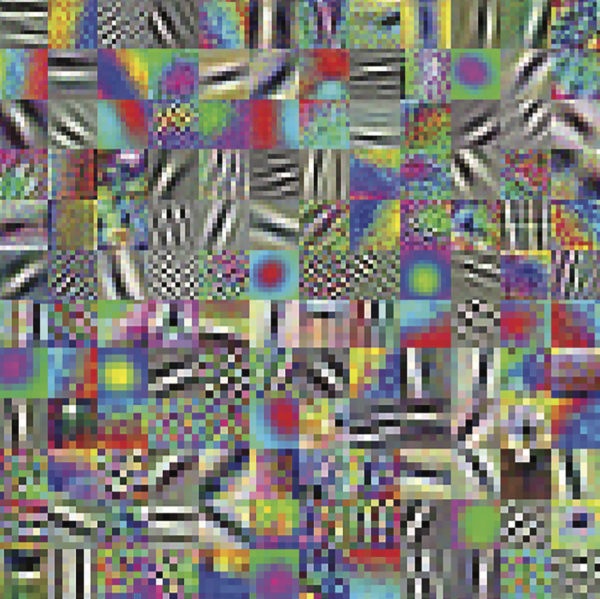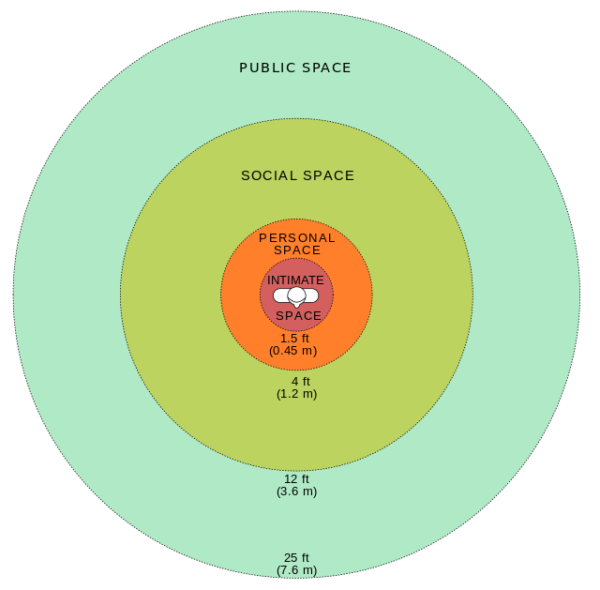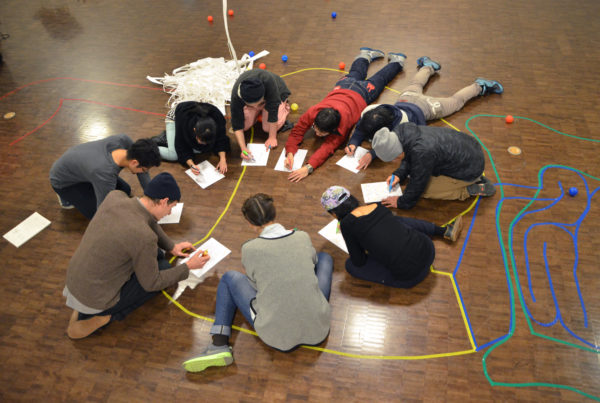
Find By Image: Machine Learning for Artists
Studio-based course introducing the field of machine learning to artists, designers and performers. The goal of this course is to unpack and familiarize ourselves with available machine learning tools, which we use to plan and produce works of art. In-class labs open a preliminary investigation into the conceptual and technical underpinnings of key machine learning methods, exploring their application through hands-on coding exercises. Readings and discussions will attempt to connect the theory, practice, and poetics of machine learning, and to place our efforts into wider ethical, social, philosophical, and art-historical contexts. In the process, we will expand on the general phenomena of learning, experience, and creativity as subject matters in themselves.
View full syllabus / course website here ↗

